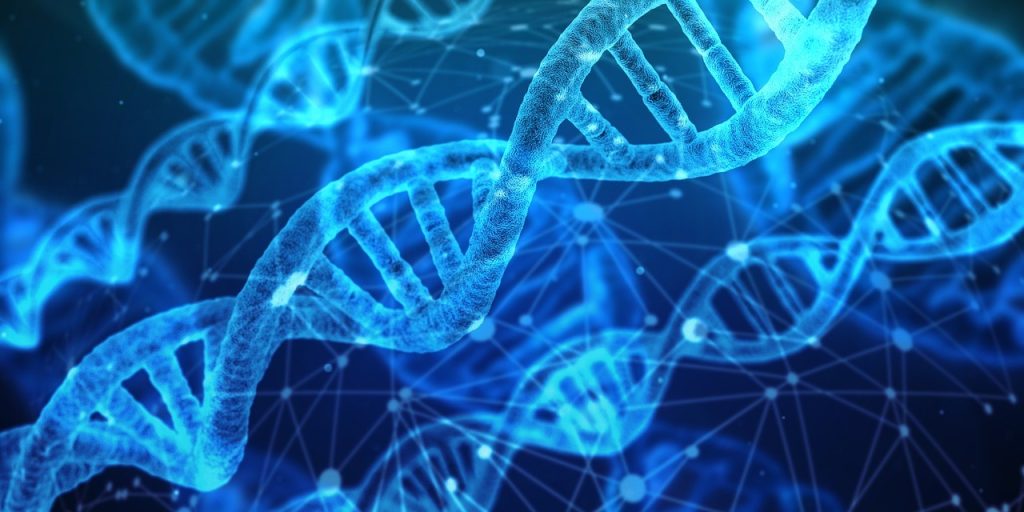
The ethics of DNA testing and privacy concerns are becoming increasingly important as DNA testing becomes more widely available. This is why it is important to purchase products such as the dnacenter home DNA test kit, whose analysis is carried out by a team of highly qualified professionals with strict privacy protocols. Your DNA contains unique information about you that can be used against you if left in the wrong hands. Only the best laboratories in the world follow security protocols that ensure that their patients’ samples and, better yet, the results of each DNA test, do not fall into the wrong hands. For example, dnacenter prenatal DNA testing is only available to women and their partners who want to make use of this type of test. Once the results are issued, they are only given to the woman who has participated in the test or to the alleged father, provided that the woman has authorized it.
The consequences of a lack of privacy in DNA testing
The consequences of a lack of privacy in DNA testing can be far-reaching and impactful. In today’s digital age, personal information is being collected, stored, and shared at an unprecedented rate, and DNA data is no exception. When DNA testing is conducted, the results can reveal sensitive information such as ancestry, health risks, and familial relationships. This information, if not protected, can lead to discrimination and prejudice in areas such as employment and insurance. For example, an insurance company could use DNA results to deny coverage or increase premiums based on health risks identified in the DNA test. Additionally, law enforcement agencies could use DNA data for mass surveillance or build family trees for criminal investigations, potentially violating an individual’s privacy rights. It is crucial that you only trust your DNA to laboratories that are recognized as having an impeccable reputation.
The role of governments in regulating DNA testing
DNA testing has a wide range of applications, from determining paternity and ancestry to forensic investigations and medical research. With such vast potential for impact, it’s no surprise that many governments are taking an active role in ensuring that DNA testing is safe, ethical, and secure. In some countries, there are laws in place to protect the privacy of individuals and their genetic information. For example, in the European Union, the General Data Protection Regulation (GDPR) requires that DNA data be stored securely and that individuals be informed of their rights over their personal information. Additionally, governments are responsible for regulating the quality and accuracy of DNA testing services to ensure that results are reliable and trustworthy.